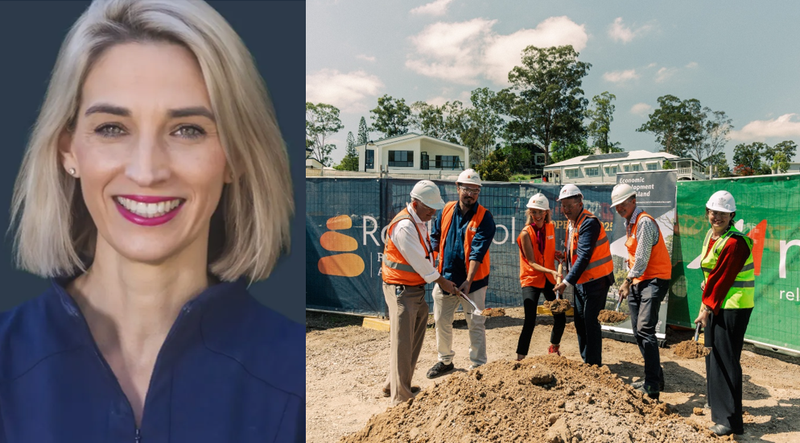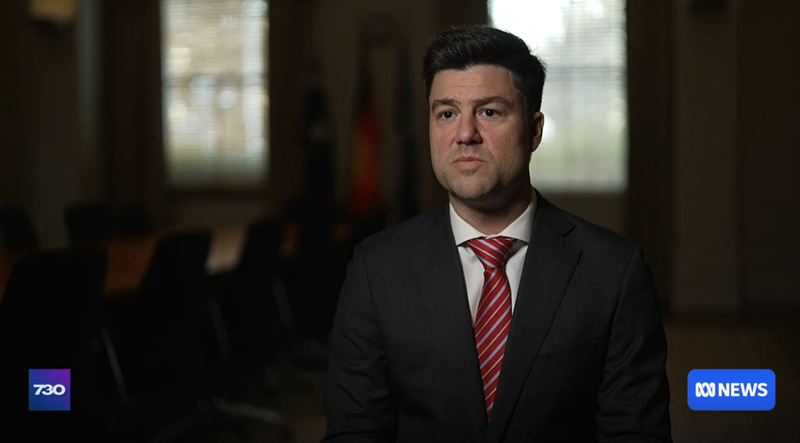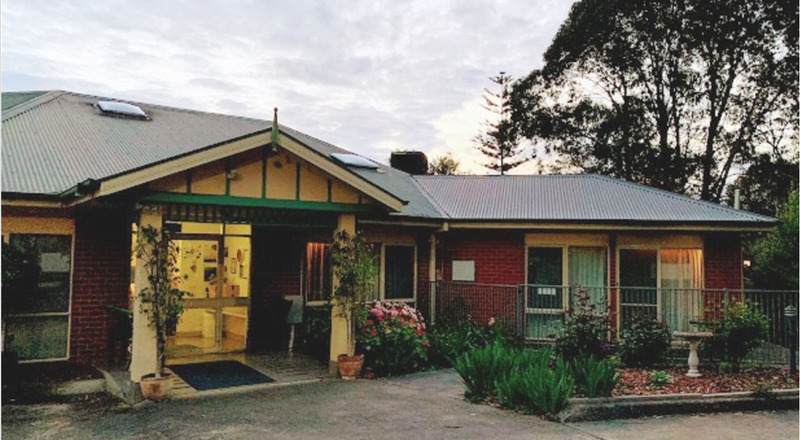“We were appalled”: Victorian woman says aged care facility didn’t call ambulance for father reporting chest pains for four days
A case to demonstrate the difficulty of accessing health services in residential care. 51-year-old Sunbury woman Rhonda McIntosh (pictured above) has detailed how her 83-year-old father Allan Sheldon’s (pictured below left in 1968 and below right...
A case to demonstrate the difficulty of accessing health services in residential care.
51-year-old Sunbury woman Rhonda McIntosh (pictured above) has detailed how her 83-year-old father Allan Sheldon’s (pictured below left in 1968 and below right last week in his second aged care facility) health has declined following two serious incidents in which his first aged care facility did not contact primary and acute care services when he was ill.
In a 40-minute session, Ms McIntosh said her father – who has diabetes and has previously been treated for a heart attack and prostate cancer – had moved into an unnamed aged care facility in Melbourne in May 2017 after becoming incontinent.
Told by the facility that its GP visited residents every Thursday, Ms McIntosh stated she quickly became unsatisfied that the GP did not seem to be seeing her father, even when he had a medical issue that needed attention, and decided to change to another GP.
“I mentioned to one of the staff that I wasn’t happy and I was going to change GP and she said ‘oh, I don’t blame you’,” she told Senior Counsel Assisting Richard Knowles. “I was taken aback by it. And I thought if everybody knows that, you know, it’s not a good sort of service I wish she had told me before and I didn’t have to come to that realisation by myself.”
Ms McIntosh said she had also organised for her father to visit a dermatologist and a dentist.
“I asked them [the facility], what would happen if I was unable to take him? And they said that in the past they had volunteers that used to do that but they don’t do that anymore,” she stated.
Mr Sheldon also experienced two serious lapses in his clinical care at the first facility this year. In the first on 8 January, he complained of chest pains and told staff he felt like he was having another heart attack but no doctor or ambulance was called.
Two days later, Ms McIntosh’s mother Lynette visited to find her husband was still reporting chest pains so Ms McIntosh made an appointment to see the facility manager.
“She was unaware that Dad was having any chest pain and she left the meeting and came back and she then admitted that other staff were aware that he had been reporting chest pain, but that nothing had been done,” she said.
The manager agreed to Ms McIntosh’s request that a doctor be called – but she later received a call to say no locum was available and she could arrange a doctor herself.
Visiting the next day to find her father in a worse state, Ms McIntosh claims staff told her that an ambulance would not come to see her father so she took her father to a GP who immediately diagnosed a heart attack and called an ambulance.
“We were appalled,” she said. “We – we don’t know why the – the nurses at the facility would say that if you call an ambulance they won’t come.”
Mr Sheldon had a stent put in and was returned to the facility, but sent back to hospital within days with the hospital doctors blaming a medication error at the facility. When he returned to the facility after two weeks in a rehabilitation facility, Mr Sheldon’s GP began to reduce his diabetes medication because he was experiencing side effects.
But by July, Mr Sheldon had had three falls within a week and the family found him one day completely incoherent. Reporting his state to the facility manager, Ms McIntosh said she was dismissive.
“She said, you know, you have to understand that when people are coming to the end of their life they start to become a little bit … less coherent and … these are things we have to accept and … she assured me that this was a natural part of ageing and dying.”
Insisting that the facility call an ambulance – which arrived after an hour-and-a-half after the facility manager told Triple 000 the case was not urgent – Mr Sheldon was taken to hospital and diagnosed with hypoglycaemia and left hospital now dependent on insulin.
Ms McIntosh says the family moved Mr Sheldon to a new facility in September 2019 where she finds the care much improved and staff more proactive.
“We put him in the aged care facility because he needed complex care and we thought that he would get it there, but it appear that is they … really just house you and feed you and any type of care that you need is the family’s responsibility,” she concluded. “And I think I realised that a little bit too late, that it was my responsibility, because I would have done a much better job had I known that.”
Will the Counsel Assisting find providers are responsible for this state of affairs?





